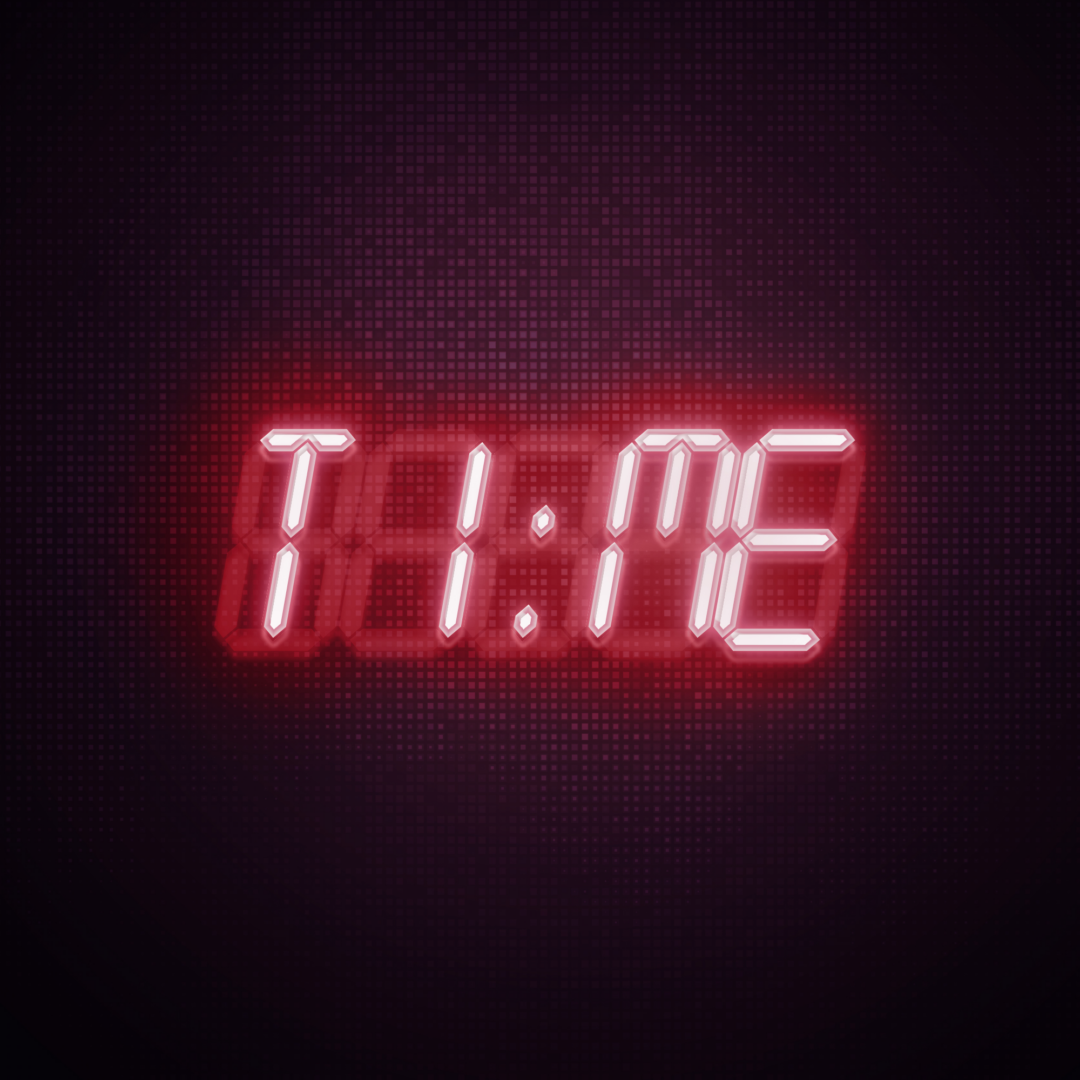Miss Terious’ latest single, Misty, bridges the gap between the tender indie pop magnetism of boygenius, the artful expression of Kate Bush, and the gothic sombre glamour reminiscent of Evanescence. This coalescence is perfectly interwoven in the arcane atmosphere of the indie piano pop ballad, where the sparse instrumentals allow Miss Terious’ emotionally heightened vocals to spectrally overpower the production.
Each verse tightens the heartstrings as you become consumed by the raw emotion conveyed through the confession of how pseudonyms can deliver confidence while concealing the person behind the greatness. The deeply felt pain of being wanted through association rather than true connection resonates throughout Misty; anyone who has experienced this pain will find the ultimate consolation within the candour.
Miss Terious is a British-born alternative musician from the West Midlands, known for her originated mix of electronic and classical instruments. Since debuting with her EP Bleeding Green in 2020, she has tackled topics such as abuse, mental health, and her separation from the ballet industry. In 2022, she was honoured as BBC Introducing’s Artist of the Month for Coventry and Warwickshire and performed at the Backyard Festival in Leamington Spa. Her contribution to the music scene earned her the Local Hero Award for AIM Awards 2022.
After hearing Misty, there isn’t an industry accolade we wouldn’t see her as fit for.
Misty was officially released on July 19; stream the single on Spotify now.
Review by Amelia Vandergast

